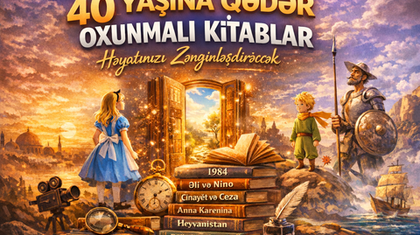Literature often seems merely a means of telling a story, but one of its most valuable functions is to reveal the hidden layers of the human soul, confronting us with our inner world. In this regard, Fyodor Dostoevsky is a unique writer. He did not just create characters; he painted psychological portraits filled with human conscience, guilt, fear, faith, and inner turmoil. His protagonists make the reader feel not only the events that occur but also the contradictions they experience within. In *Crime and Punishment*, Raskolnikov’s pangs of conscience; in *The Brothers Karamazov*, the clash of faith and doubt; in *The Idiot*, the tragedy of simplicity and goodness; in *The Gambler*, self-destructive passion — all of these testify to how deeply a single writer can penetrate the human soul.
For Dostoevsky, a human being is not merely a part of society; they are a complex entity, struggling within themselves, asking questions, making mistakes, and seeking answers. His characters are never entirely black or white — they are always contradictory because they behave like real people. For this reason, Dostoevsky can be approached not only as a literary figure but also as a philosopher and psychologist.
Interestingly, his influence is not confined to the 19th century. Even today, many writers and novels continue this line of psychological depth. For instance, Elena Ferrante writes with exquisite sensitivity about the complex relationships and inner upheavals among women. Haruki Murakami takes readers to a world on the border between realism and fantasy, full of loneliness and spiritual searching. Kazuo Ishiguro explores the emptiness within humans through memory, silence, and loss. Across all these authors, there is a common thread inherited from Dostoevsky: the need to understand who a person is, what they feel, and why they behave as they do.
Time changes, technology advances, yet the questions within humans remain. Who am I? Why am I living this life? What are guilt and forgiveness? Am I responsible for the consequences of my choices? Dostoevsky asked these questions over a century ago. Contemporary authors seek answers from the perspectives of different eras and societies.
If literature makes the reader reflect, if it confronts them with their inner world, then it still belongs to the tradition of Dostoevsky. The profound psychological line he created applies not only to the past but to the present as well. The mystery of the human soul is far from fully revealed — and perhaps that is why we continue to read.






